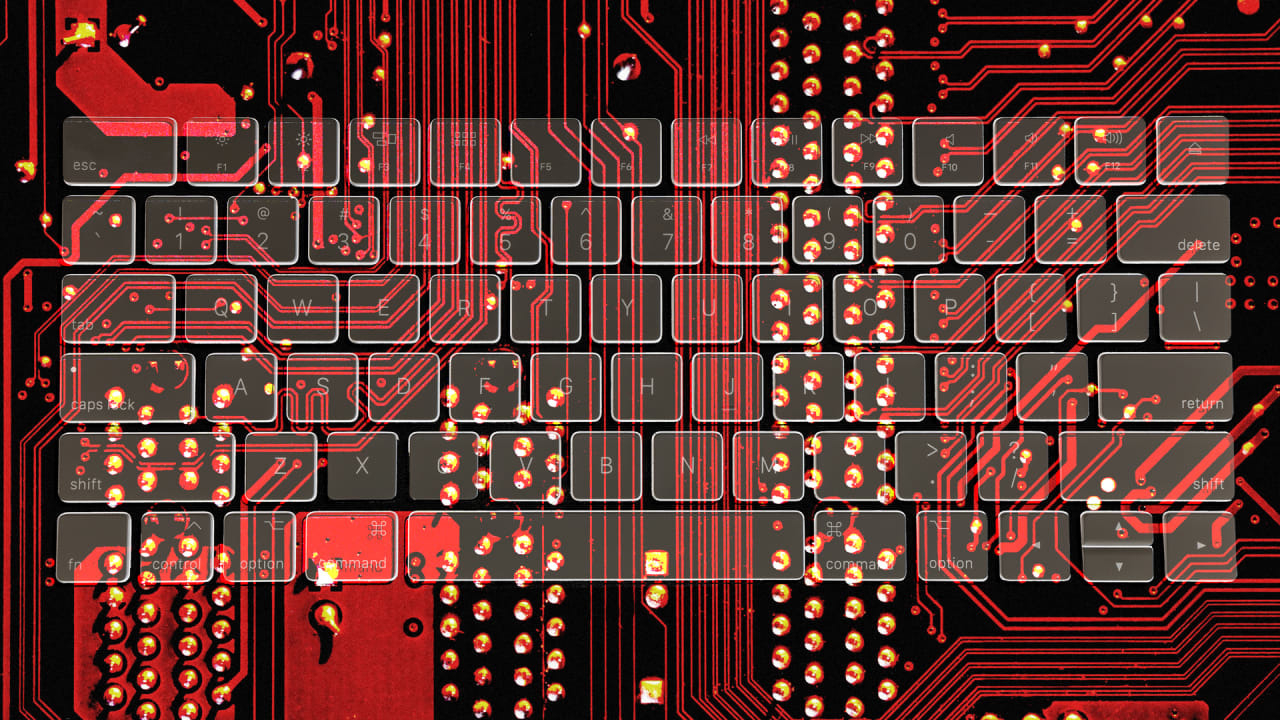AI-generated misinformation is getting more believable, even by experts
I’ve been using thispersondoesnotexist.com for projects recently and, honestly, I wouldn’t be able to tell that most of the faces it generates every time you hit refresh aren’t real people.
For every positive use of this kind of technology, there are of course negatives. Misinformation and disinformation is everywhere. This example shows how even experts in critical fields such as cybersecurity, public safety, and medicine can be fooled, too.
If you use such social media websites as Facebook and Twitter, you may have come across posts flagged with warnings about misinformation. So far, most misinformation—flagged and unflagged—has been aimed at the general public. Imagine the possibility of misinformation—information that is false or misleading—in scientific and technical fields like cybersecurity, public safety, and medicine.There is growing concern about misinformation spreading in these critical fields as a result of common biases and practices in publishing scientific literature, even in peer-reviewed research papers. As a graduate student and as faculty members doing research in cybersecurity, we studied a new avenue of misinformation in the scientific community. We found that it’s possible for artificial intelligence systems to generate false information in critical fields like medicine and defense that is convincing enough to fool experts.Source: False, AI-generated cybersecurity news was able to fool experts | Fast Company
